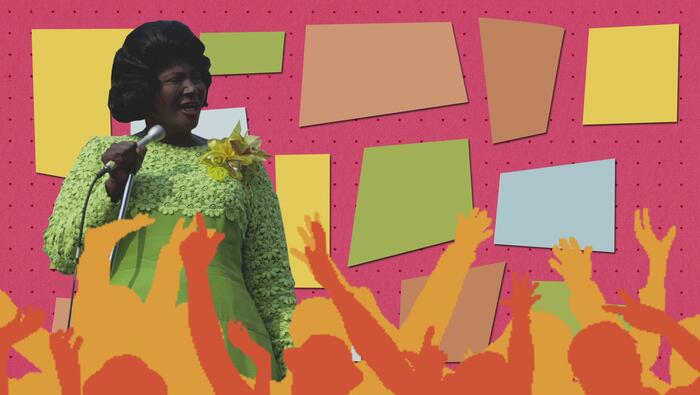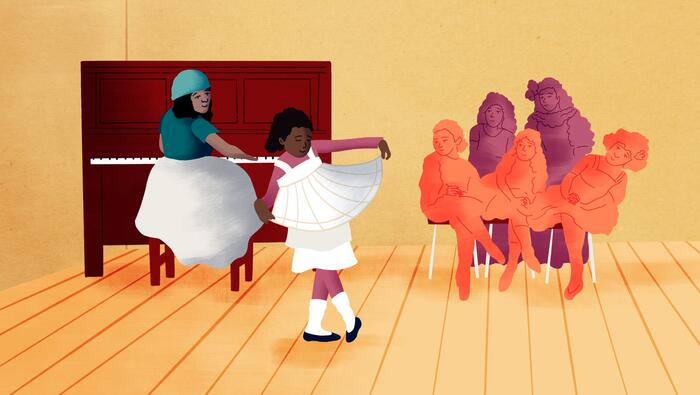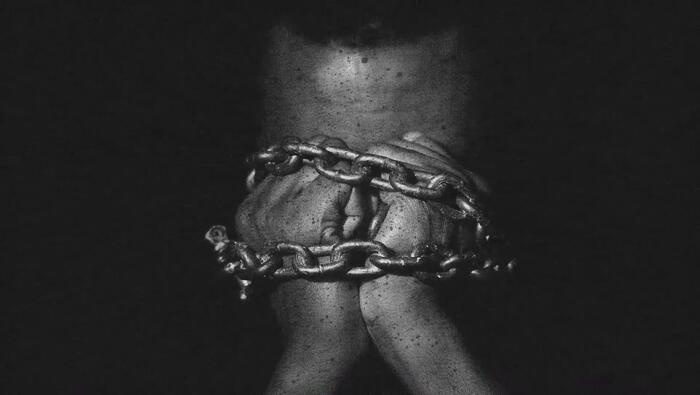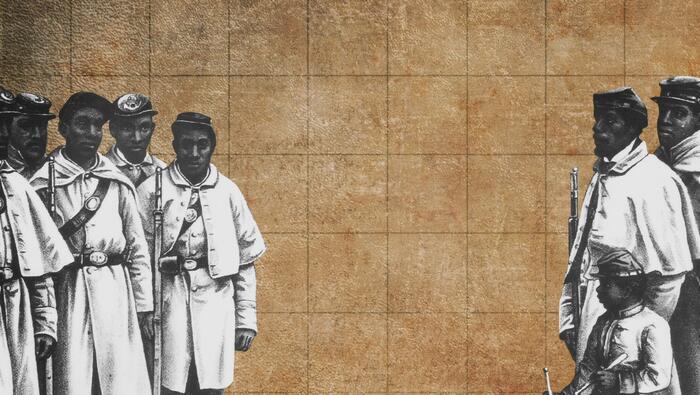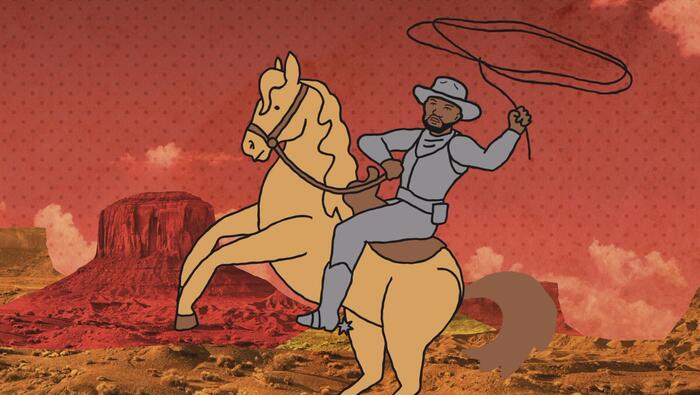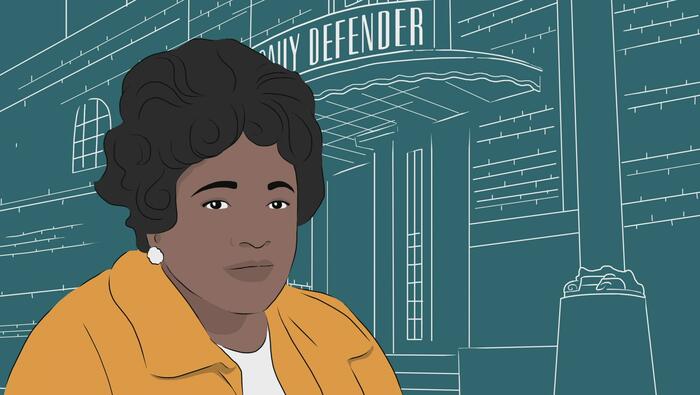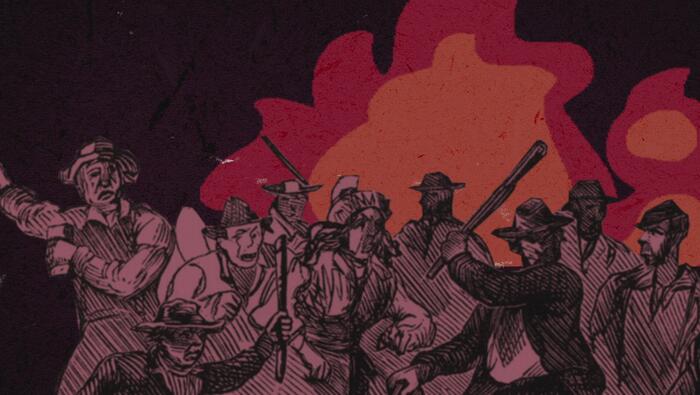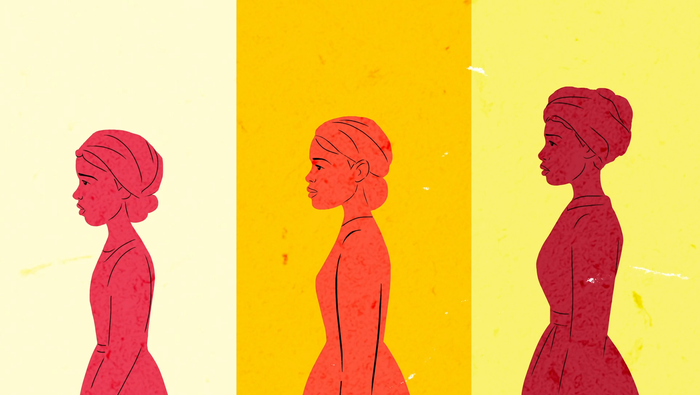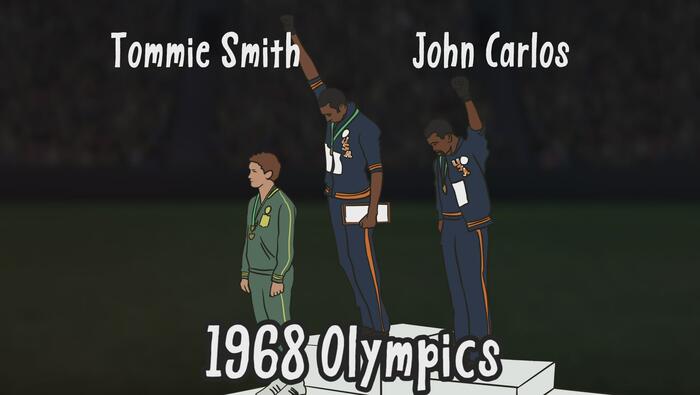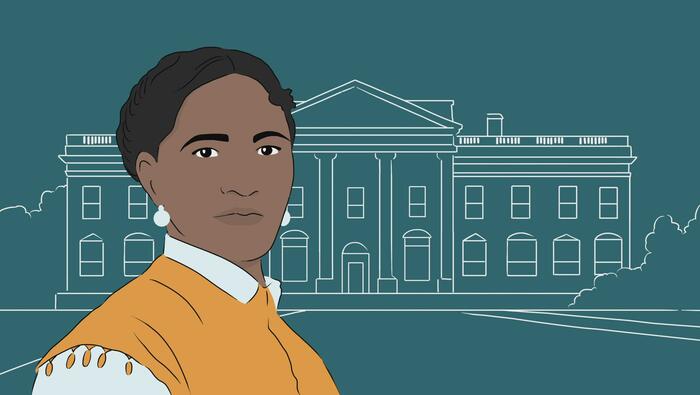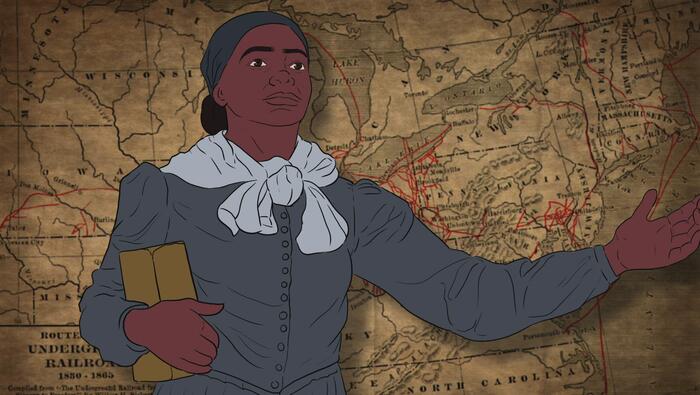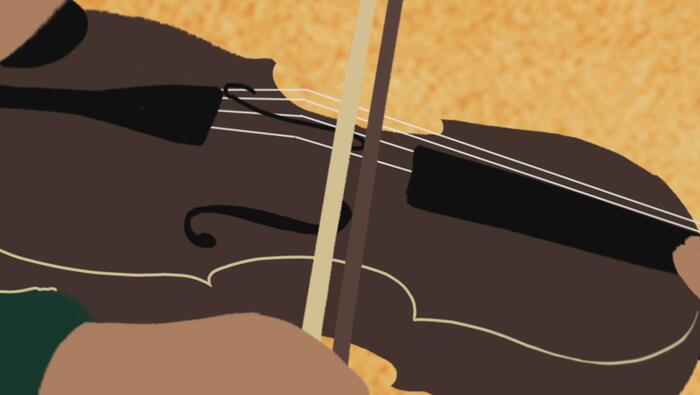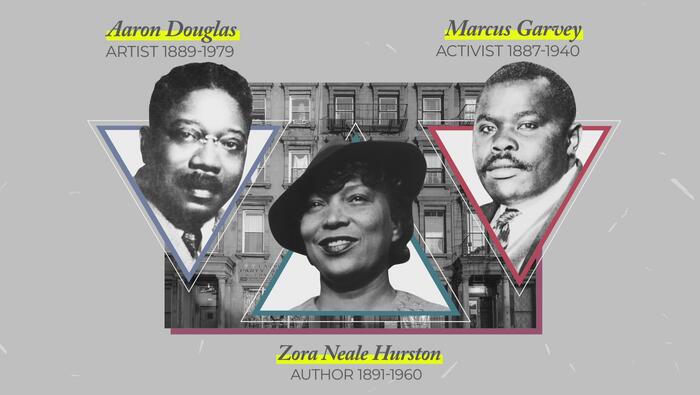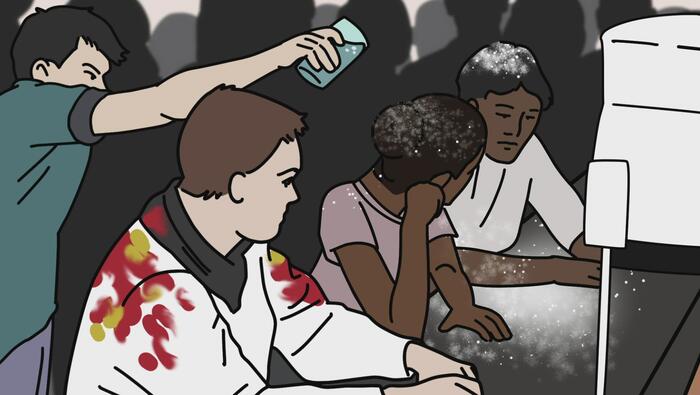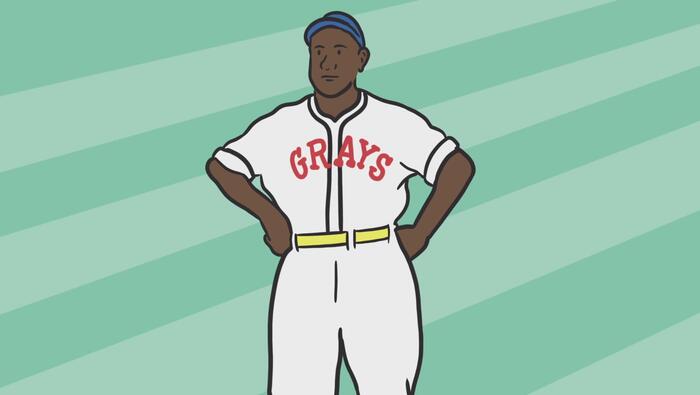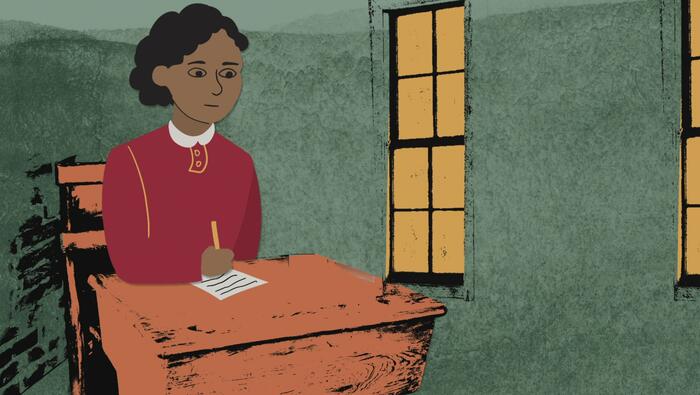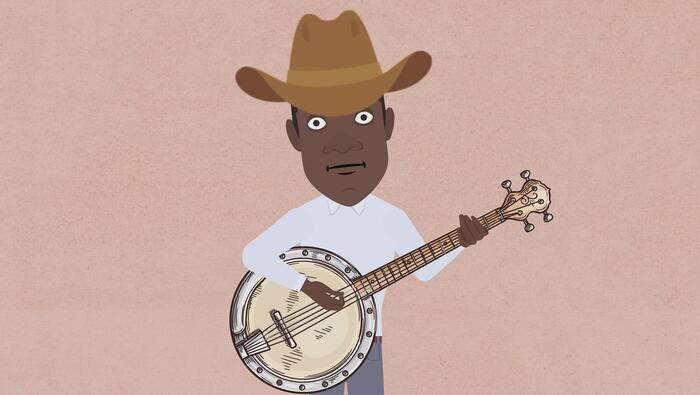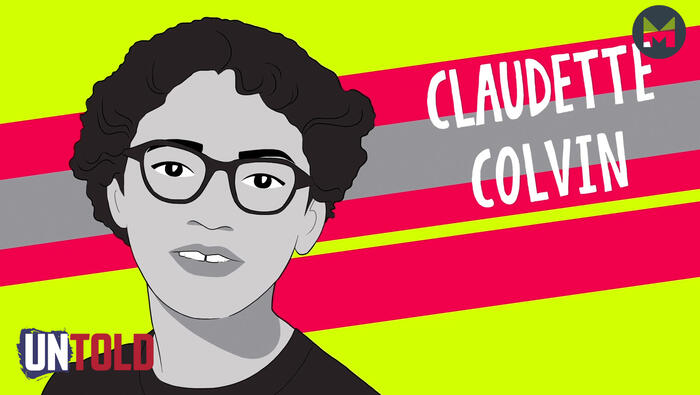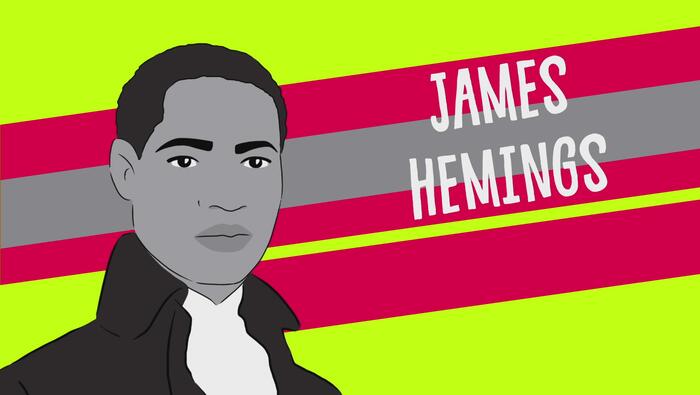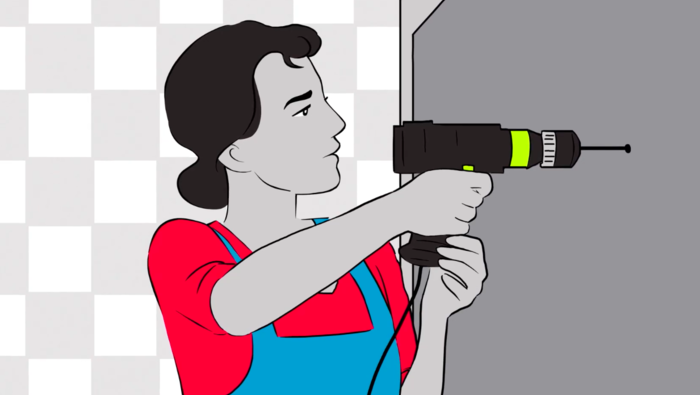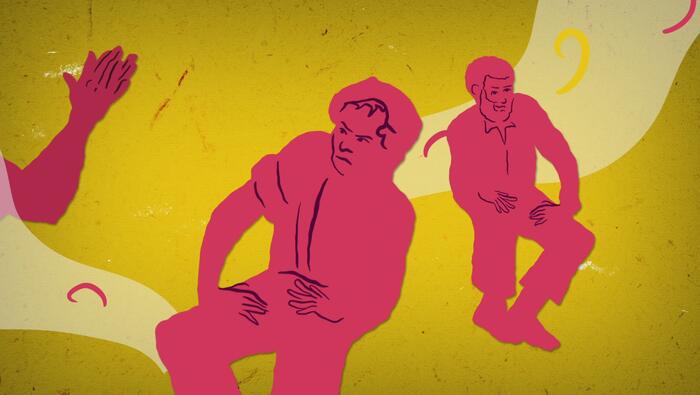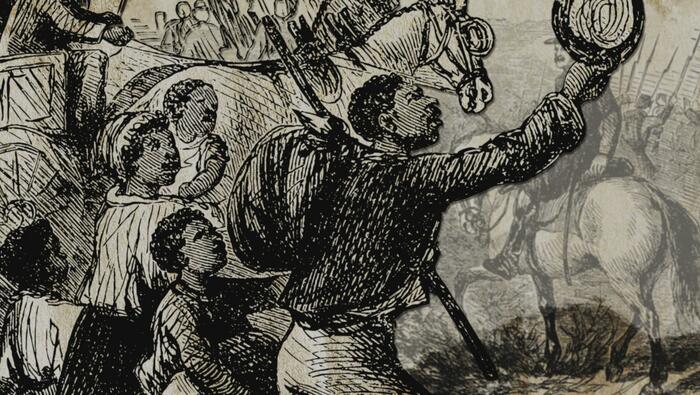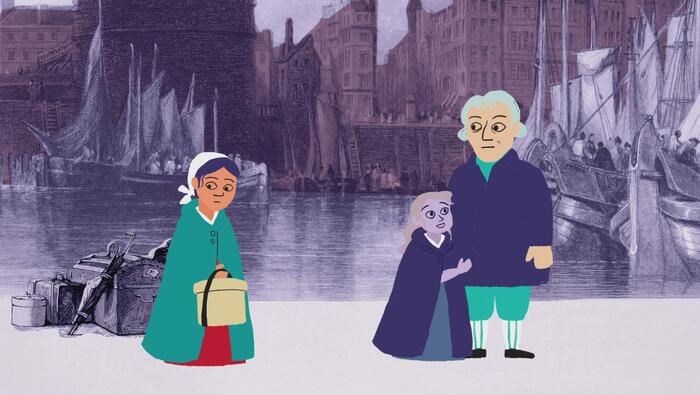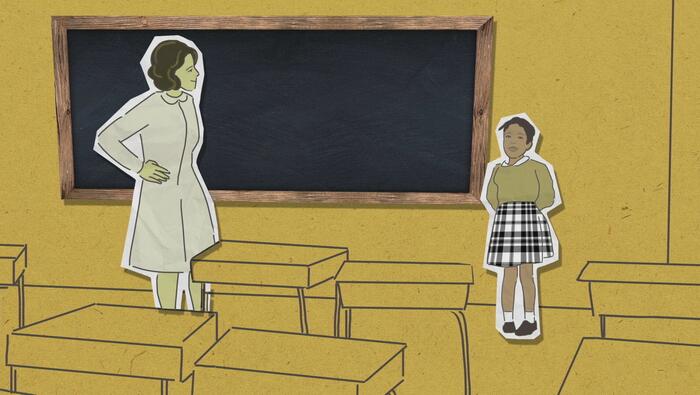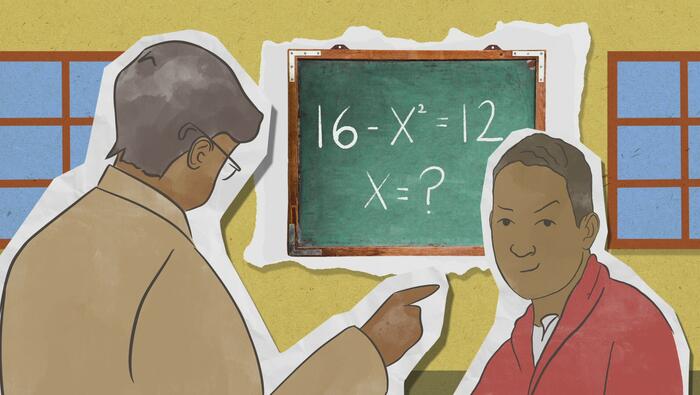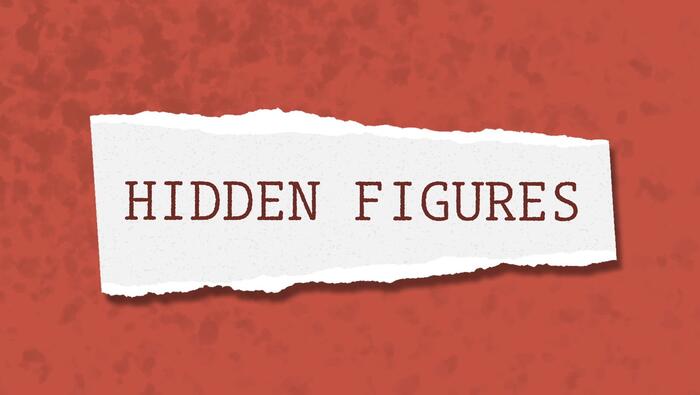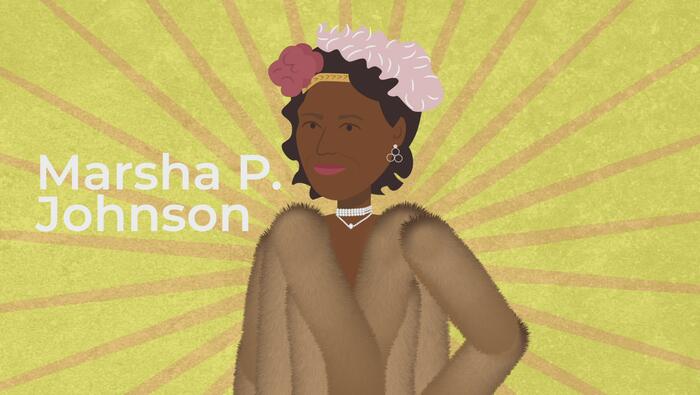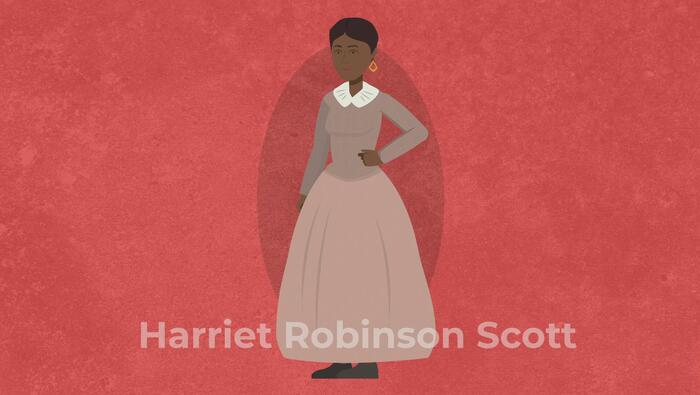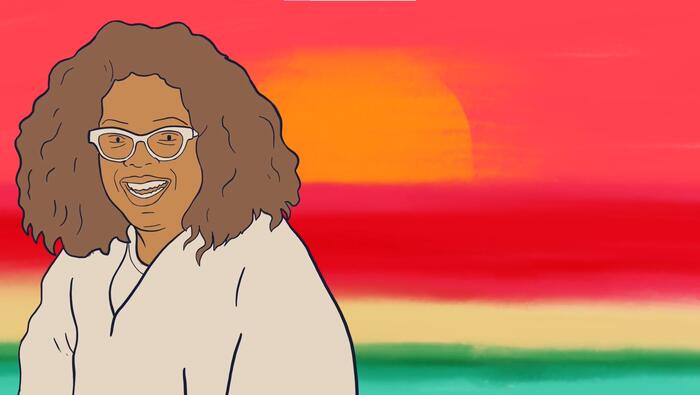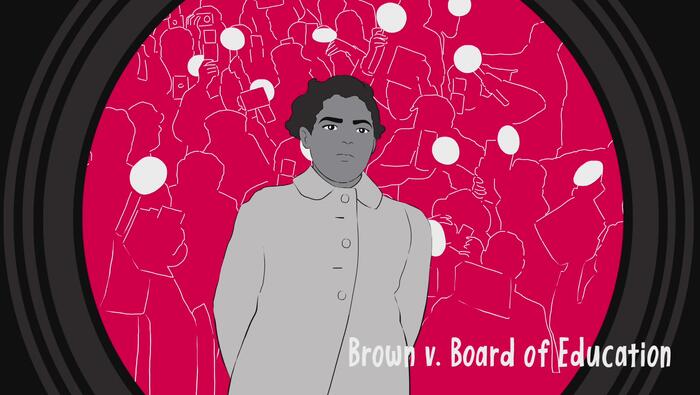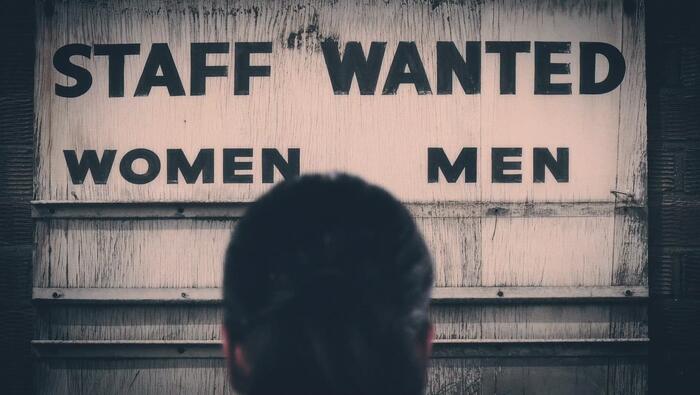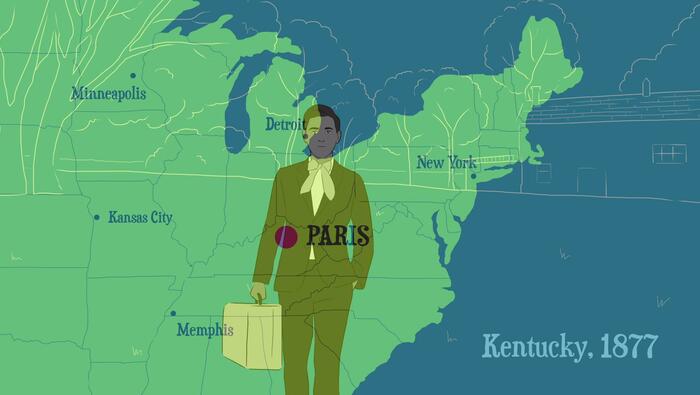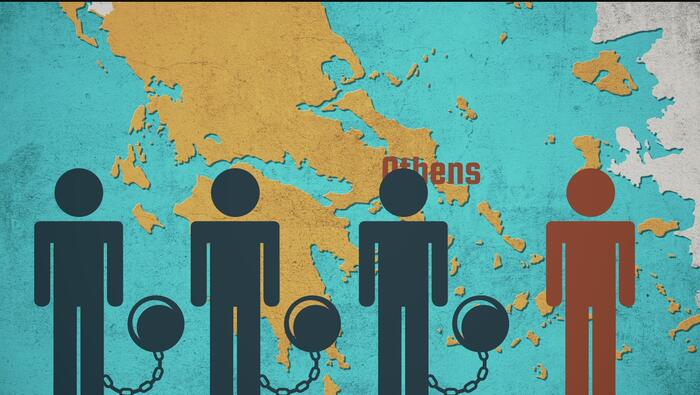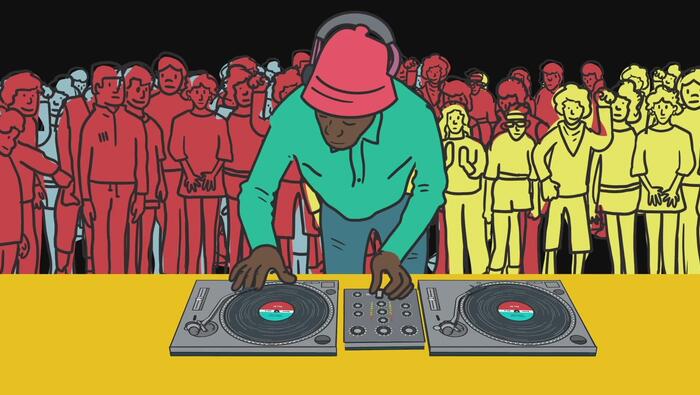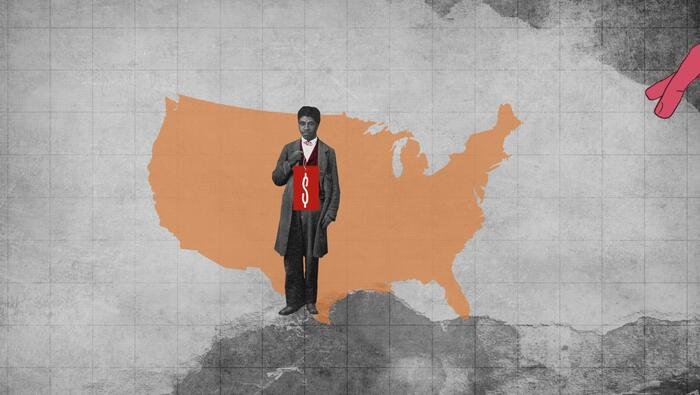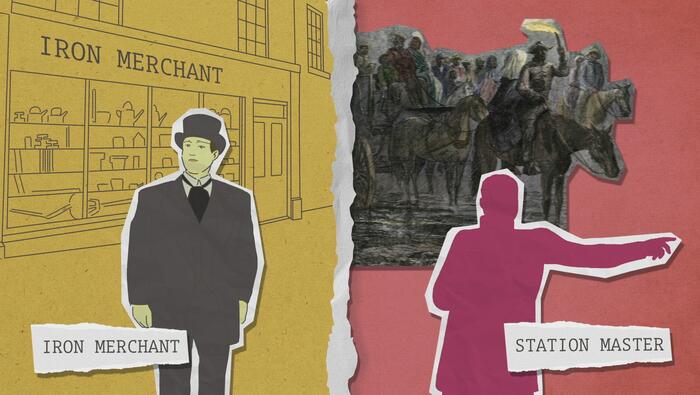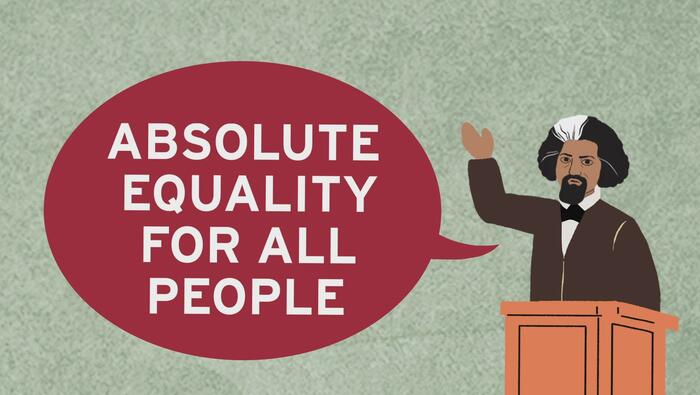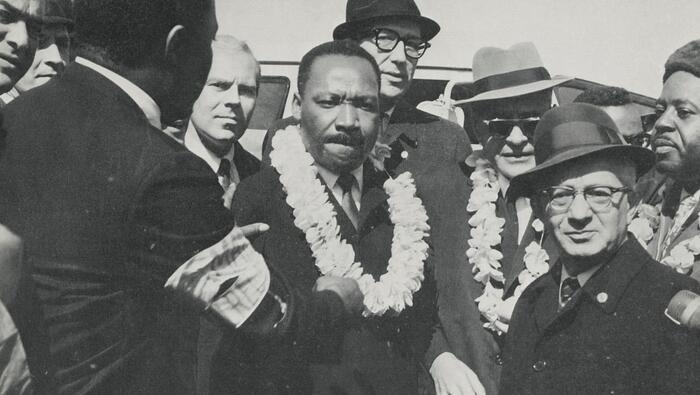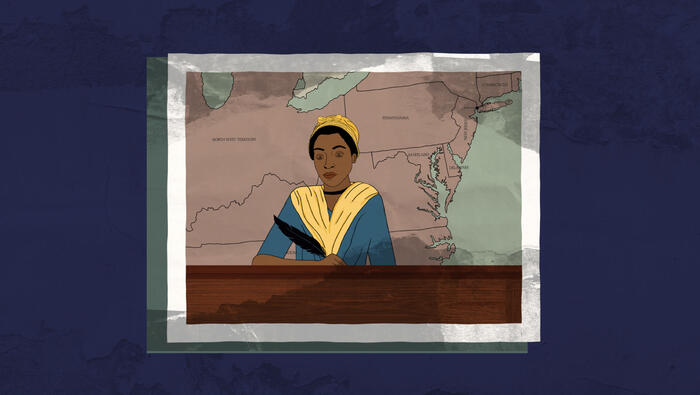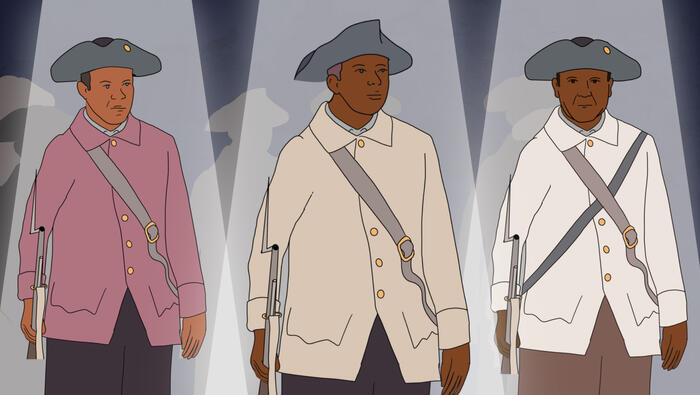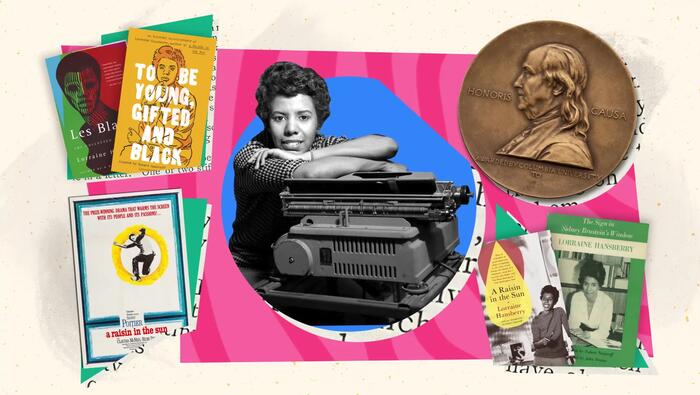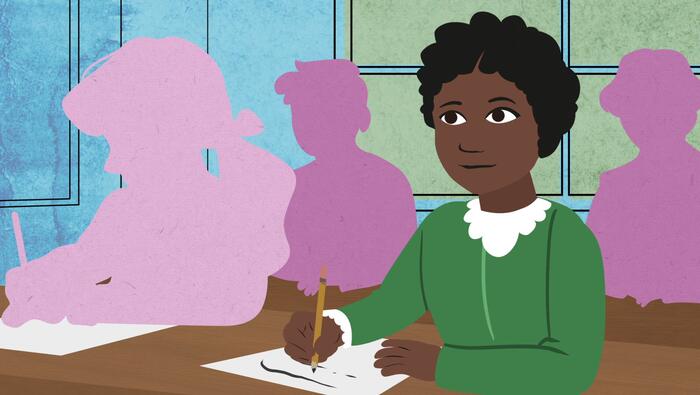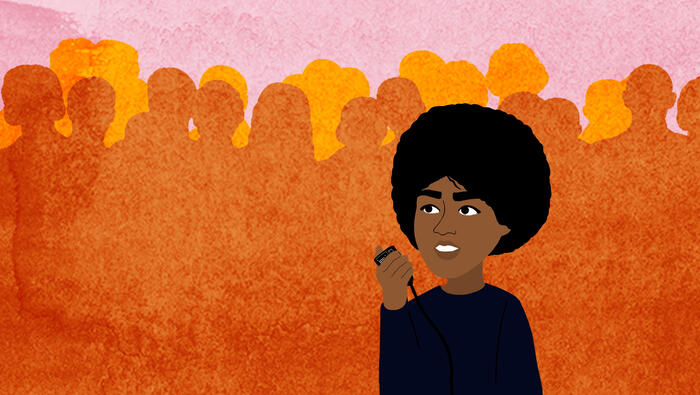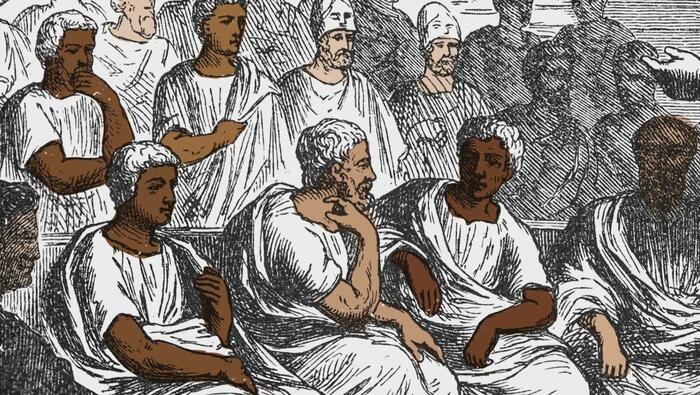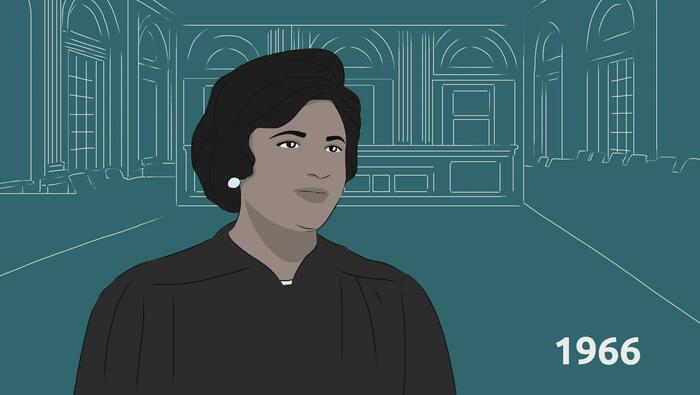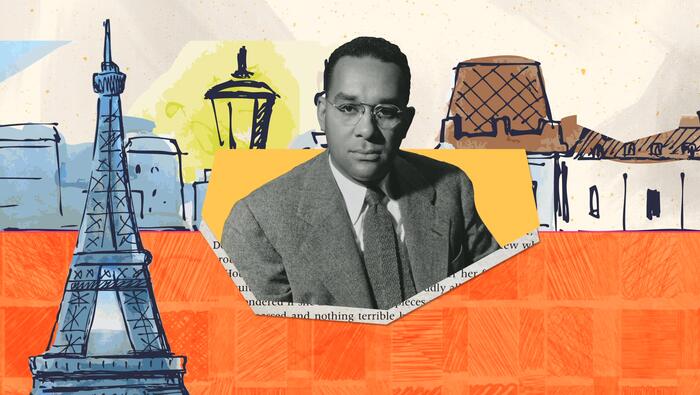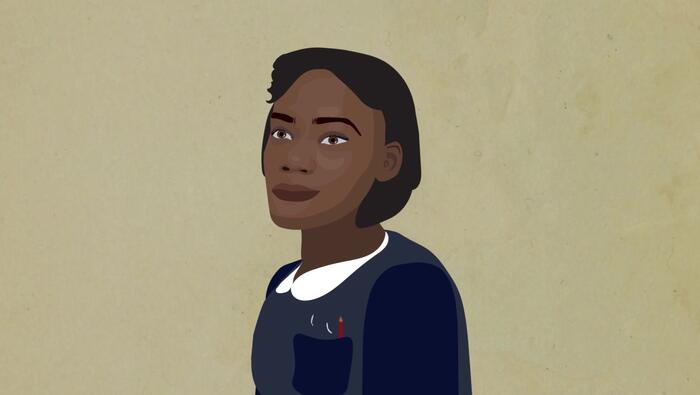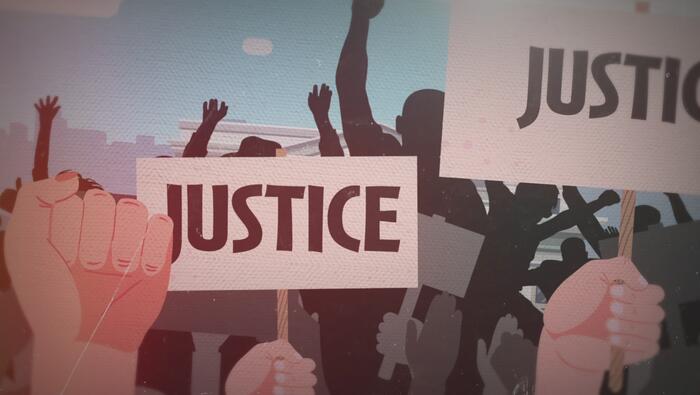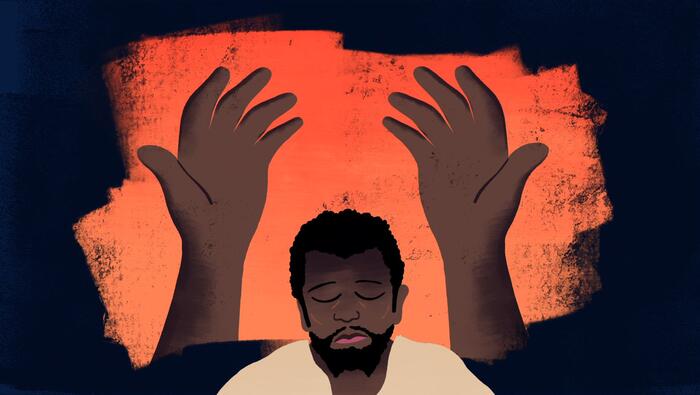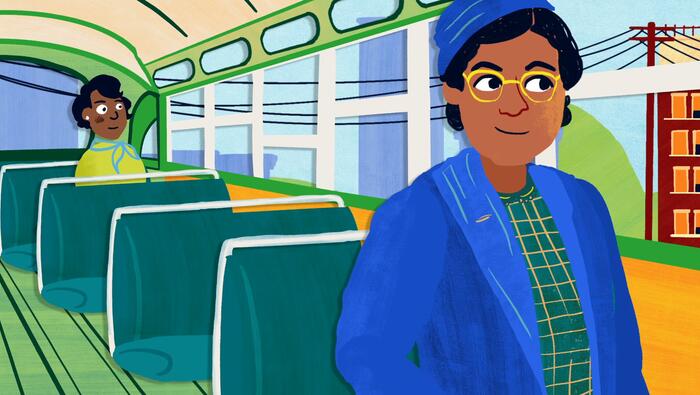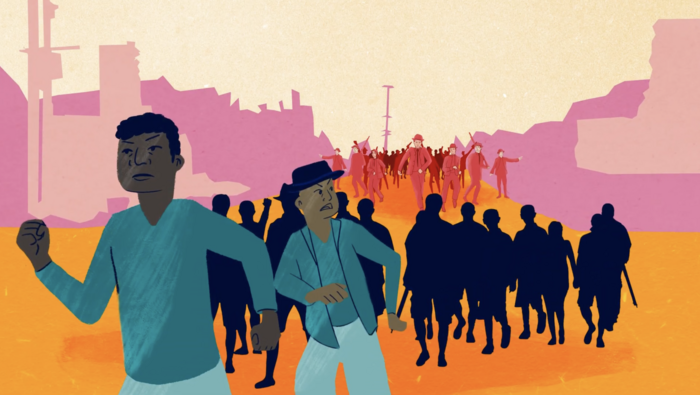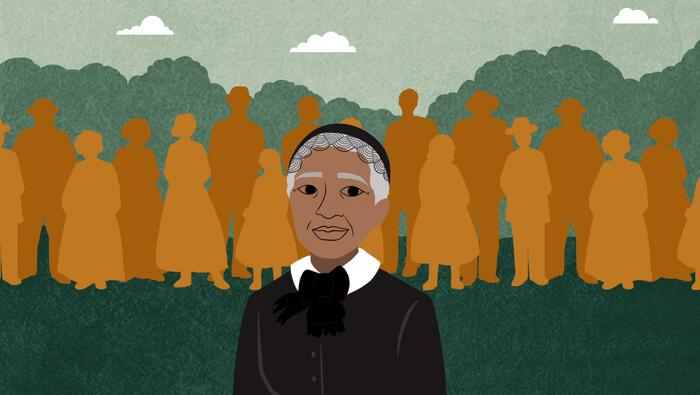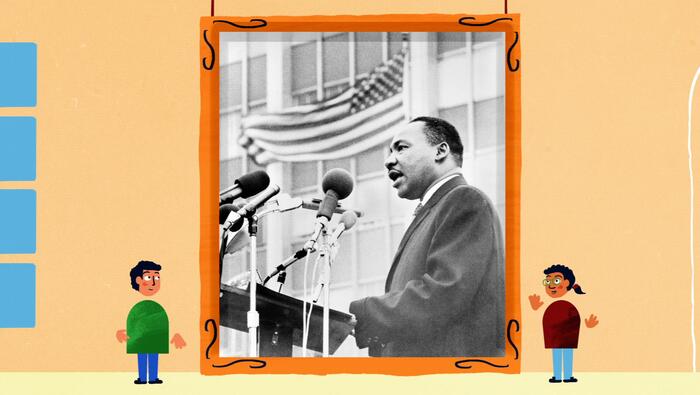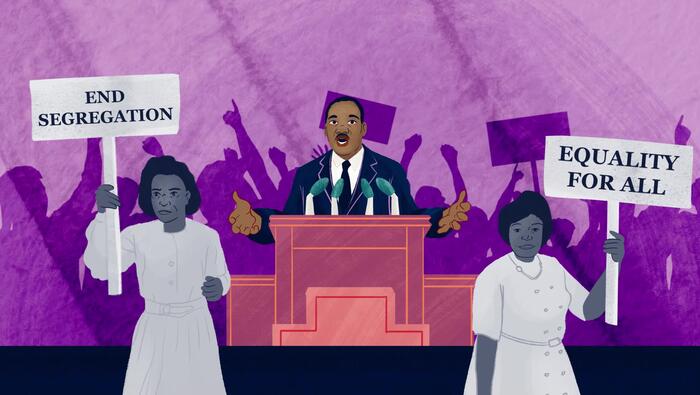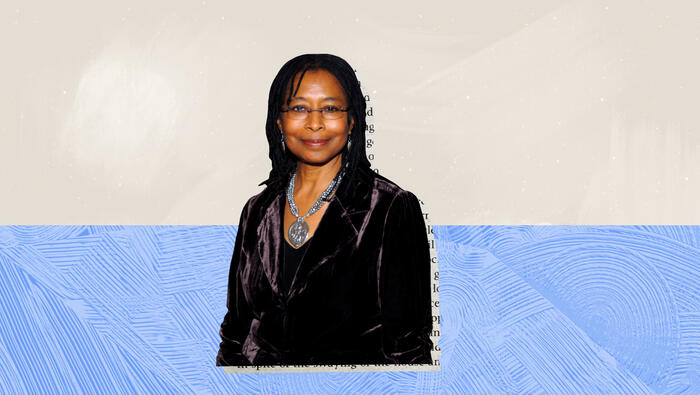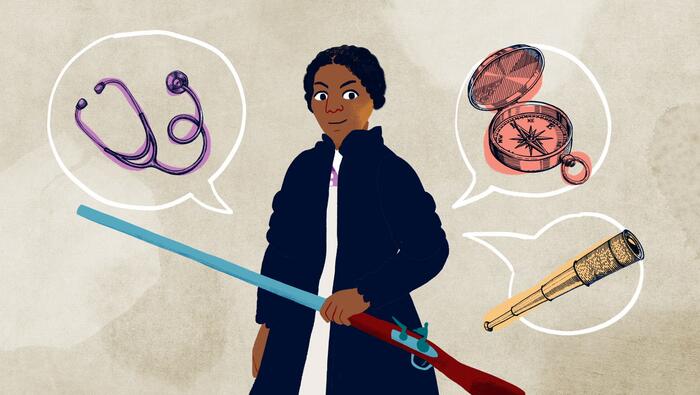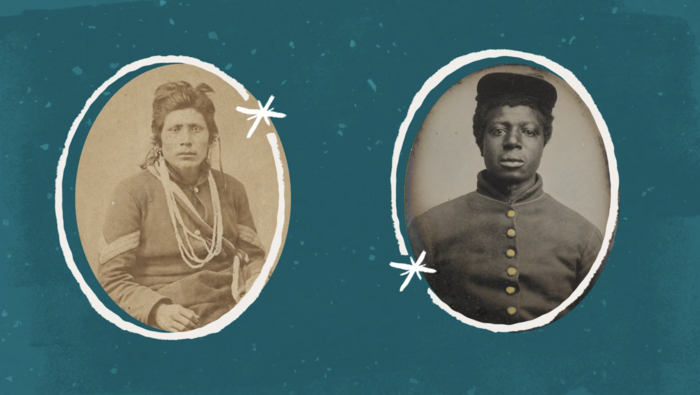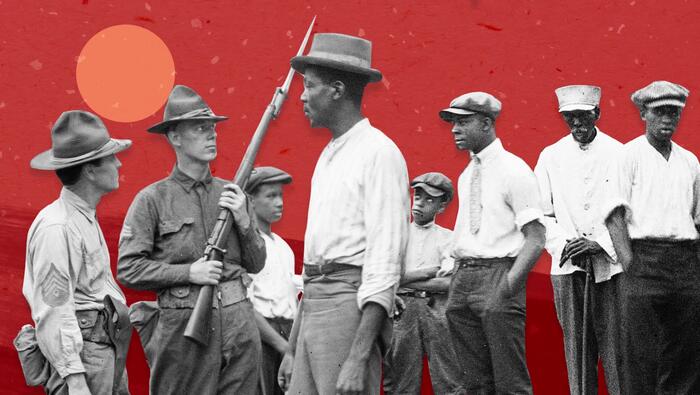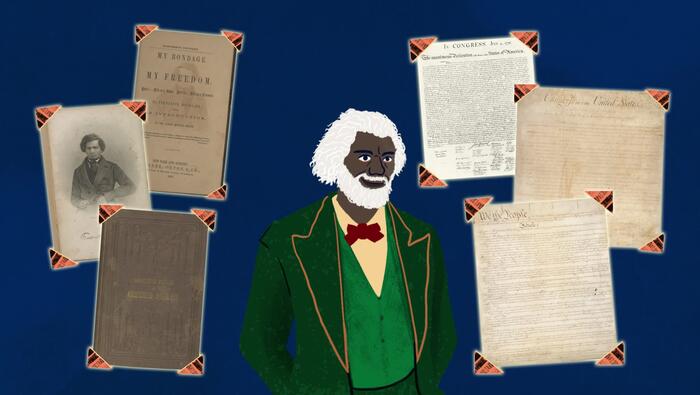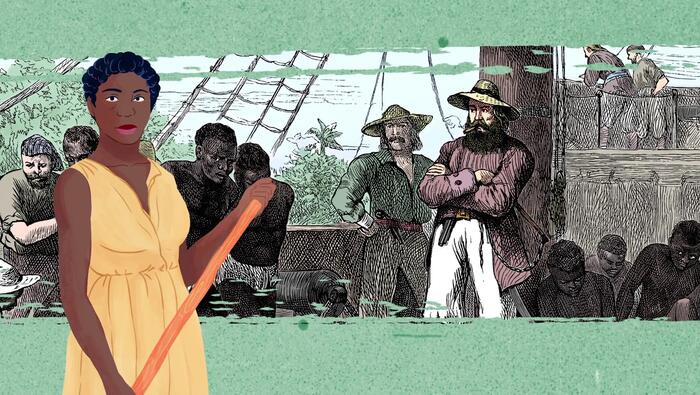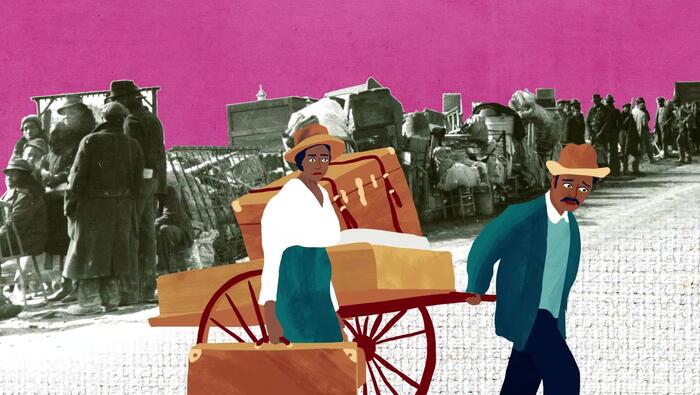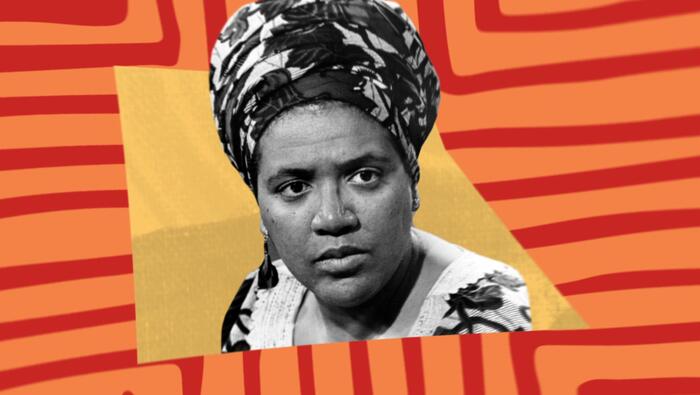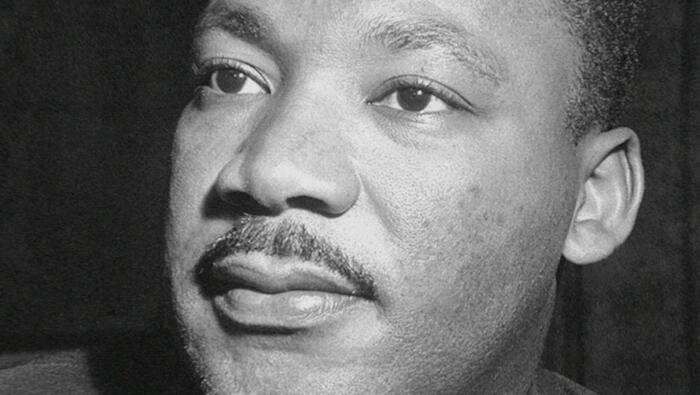
Martin Luther King Jr
Martin Luther King Jr, an influential activist and Christian minister, led the Civil Rights Movement to fight for the rights of African Americans through the 1950s and 60s. He believed in non-violent protest and his work helped to tear down racial segregation and inspire generations of activists seeking Civil Rights and a more equal society.
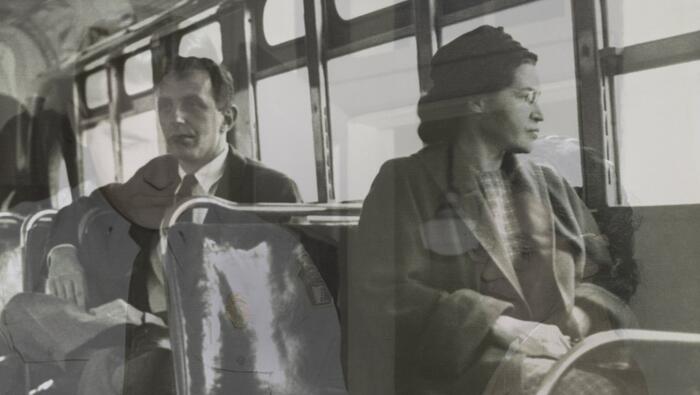
Rosa Parks
This is a timeline of the life of Rosa Parks, a woman who made history with a single act of courage, when she refused to give up her seat on a bus to a white man in 1955, a time when the U.S. was racially segregated. Her bravery inspired tens of thousands of African Americans to protest by refusing to take the city’s buses in Montgomery, Alabama.
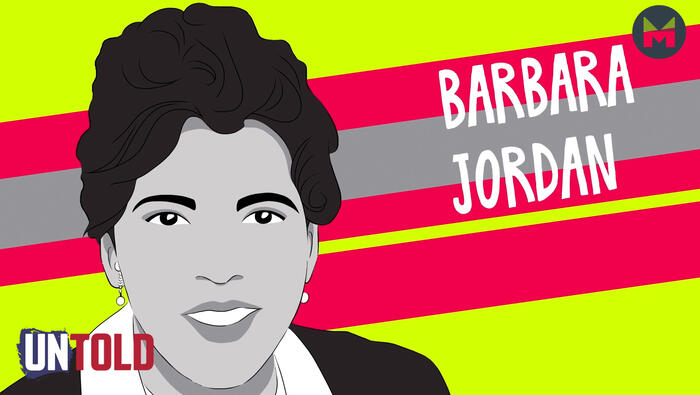
Barbara Jordan: The Black Texan Politician who Broke the Glass Ceiling
At a time when women and people of colour were all but excluded from the US government, one woman stormed the corridors of power and made them her own. This is the story of Barbara Jordan, the African American from the South who defied expectations by being selected to serve in Congress and who became one of the finest legislators in US history.
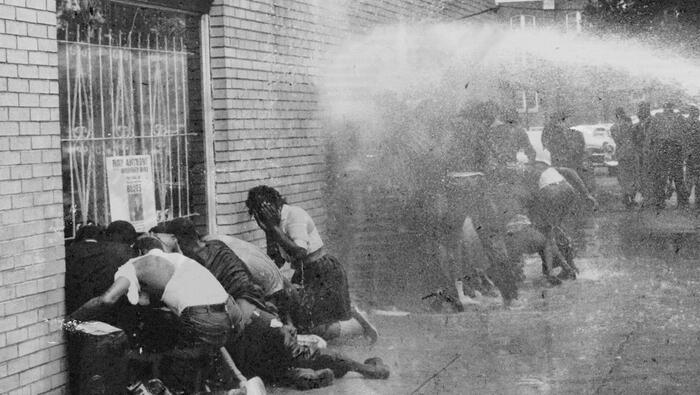
When the Youth of Birmingham Changed History
In 1963, school children from Birmingham, Alabama skipped class to demonstrate for racial equality. Met with police violence, they helped to bring about significant change. The Birmingham Children's Crusade, as it was known, has gone down in history as a turning point in the fight for Civil Rights.
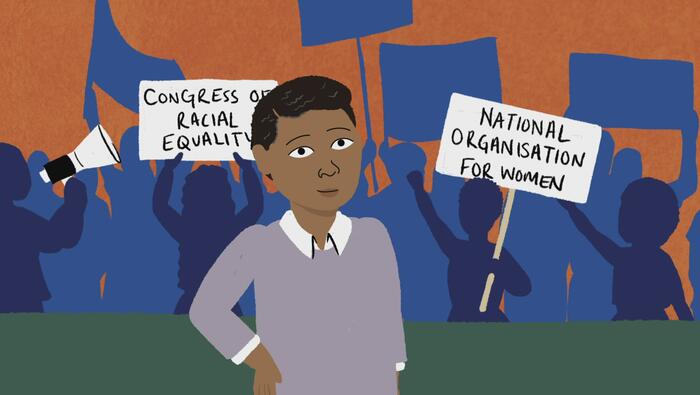
Pauli Murray: Breaking Barriers of Race and Gender
As a queer Black lawyer, poet and civil rights activist, Pauli Murray understood how our different identities can overlap to create multiple levels of discrimination. Her groundbreaking work in championing equality for all helped change America for the better.
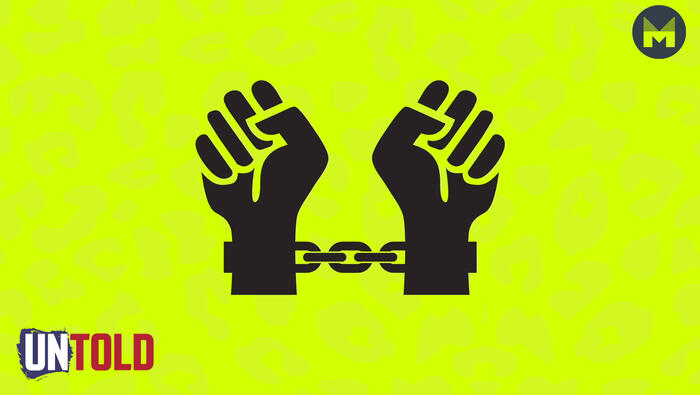
1619: The Legacy of Slavery in America
1619 was a significant year in the history of America for better and for worse. In Jamestown, Virginia the first slaves were imported and sold. Meet Nikole Hannah-Jones; author of New York Times' "1619 Project" who will examine the impact of that year on American History, culture and development.
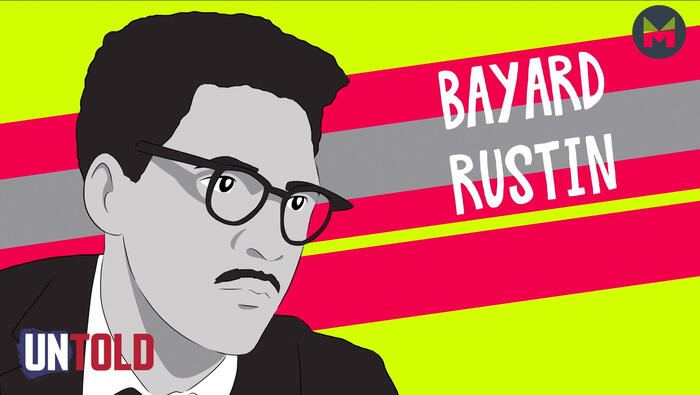
Bayard Rustin: Martin Luther King Jr's 'Out and Proud' Advisor
The March on Washington for Jobs and Freedom was the biggest protest America had ever seen. It culminated in Civil Rights leader Martin Luther King Jr’s iconic “I Have A Dream” speech. But the man who made it all possible, chief organiser Bayard Rustin, was almost written out of history not because he was black, but because he was gay.
